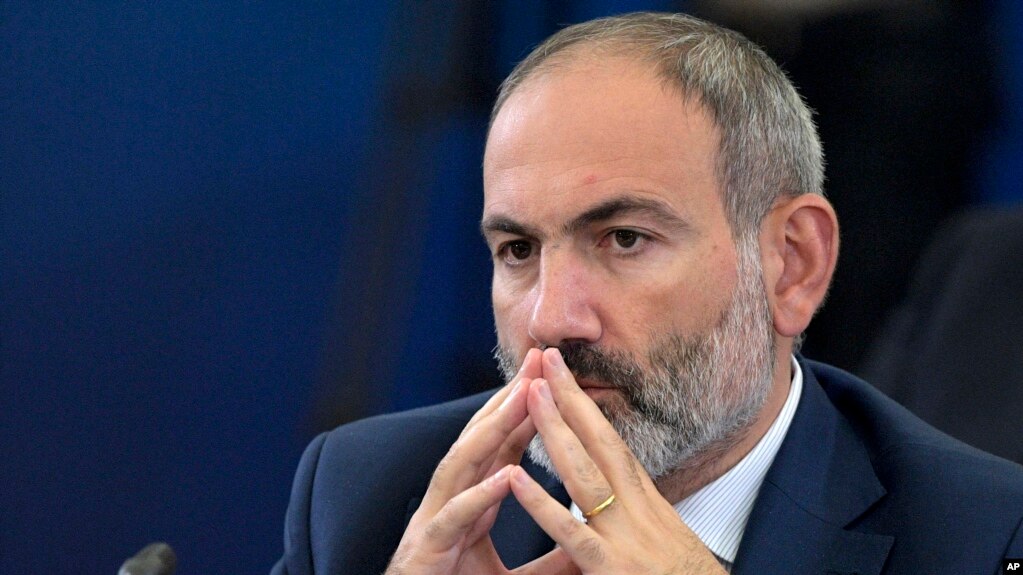
Russia and Belarus are expected to redefine their relations in the foreseeable future, primarily in terms of energy. After mass protests against Belarusian President Alexander Lukashenko erupted in August, following the controversial presidential election, the Eastern European country abandoned its multi-vector foreign policy and pushed for closer ties with Moscow.
By Nikola Mikovic
Has the time come for Belarusian leader to fulfill promises he made to Russian President Vladimir Putin? According to Russian Foreign Minister Sergey Lavrov, who met with Lukashenko in Belarusian capital Minsk on November 26, Putin has confirmed everything he had agreed with Lukashenko before, especially this September in Sochi.
“We can call it in different ways but we have the same goal: to move towards the mutual benefits for our peoples, the countries and the Russia – Belarus Union State”, said Lavrov, pointing out that the main task is to “secure concrete agreements regarding the effective implementation of the two countries’ joint program in the field of foreign policy.”
Indeed, Belarus’ foreign policy has changed over the past four months. Lukashenko can no longer balance between Moscow and the West, which was the key point of his foreign policy for more than two decades. Belarusian leader is now completely dependent on the Kremlin’s support, and that is why he is expected to make some significant concessions to Russia, primarily in the field of energy.
First nuclear power plant
On November 7 the Eastern European nation officially opened its first nuclear power plant that was built by Rosatom, the Russian state nuclear corporation. Such a move is another indication that, in the long-term, Minsk will likely preserve close ties with Moscow, with or without Lukashenko in power.
Some reports suggest the Belarusian state energy company Belneftekhim had recently notified Russian pipeline operator Transneft that it wanted to increase the transit tariff via the Druzhba pipeline for Russian suppliers by almost 25 percent from January 1, 2021, which is something that could worry the Russian side.

It is worth remembering that the two countries already had several energy disputes. Russia firmly insists on Minsk’s deepen integration into the Russia – Belarus Union State, in an exchange for cheap energy to its ally. Given that Lukashenko’s room for political maneuver is rather limited, especially after the EU imposed sanctions on him, Belarusian leader will now likely have to agree to Russia’s terms and condition regarding the energy trade.
In the foreseeable future the two countries will likely make at least mid-term deals regarding the price of Russian natural gas and oil for Belarus, but besides energy some political questions remain to be resolved. Russian Foreign Minister repeated on several occasions that Moscow insists on constitutional changes in Belarus. For the Kremlin, that could be a way out of Belarusian political crisis.
Anti-Lukashenko protests
Belarusian Western-backed opposition still holds anti-Lukashenko protests demanding his resignation and claiming that the vote was rigged. Belarusian leader, on the other hand, does not intend to step down until the country’s constitution is changed through a nationwide referendum.
Lukashenko, on the other hand, said he would step down once the eastern European nation had a new constitution — but gave no indication of when that might be. Even before the election, he announced constitutional changes, but never rushed to implement them. Now that he is pressured by both, the opposition and the Kremlin, he will eventually have to find a way to leave his post.
Lukashenko’s term ends in 2025, but since Moscow is strongly pushing for transformation of the Belarusian political system from being purely presidential to a parliamentary republic, it would not be improbable for Belarusian leader to step down earlier. Which does not necessarily mean that the opposition led by Lithuania based Svetlana Tikhanovskaya, who claims to be the rightful winner of the election, will come to power. Even though there were speculations that Belarusian opposition had made contact with Moscow, Russian Foreign Minister denied such claims.
For Russia, Belarus remains one of the most important countries in terms of energy. Although the Eastern European nation does not have any natural resources, it serves as a reliable transit country for Russian natural gas and crude oil. Thus, Russia is expected to keep supplying its ally with fossil fuels, but the price of Russian energy for Minsk will depend on Belarus’ further integration into the Russia – Belarus Union State.
Moreover, the nuclear power plant built near the Lithuanian border is another sign that Moscow’s energy policy regarding Belarus will unlikely change regardless of who is in power in Minsk. Finally, a post-Lukashenko Belarus may become even more reliant on Russia because of nuclear fuel demand, maintenance needs, as well as debt repayments given that Moscow granted loans for the construction of this facility.
Nikola Mikovic is a Serbian journalist and a senior Geopolitical Analyst he publishes often for The Levant News.






